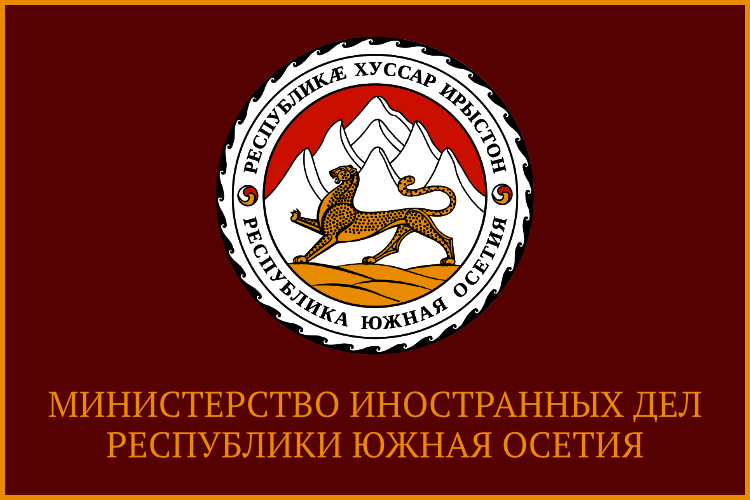It became known that on May 3 the Committee of Ministers of the Council of Europe (CMCE) made a decision concerning the agenda “the Council of Europe and the Conflict in Georgia” which in fact borders on the absurd. According to that decision, Russia at once became a party in Georgian-South Ossetian conflict and for that reason has to bear international legal responsibility for the excesses which allegedly happen on the ground. Besides, the U.S. President has signed the US Federal Budget for 2017 where there are points on protection of “the territorial integrity” of Georgia and where it is directly forbidden to give support to any country of the world which recognizes the independence of South Ossetia and Abkhazia.
We see it as cynical attempt rewriting the historical events of the recent past, and believe similar shifting of objectives is inadmissible. In no way could Russia be a party in military aggression unleashed by Georgia against the people of South Ossetia which culminated in notorious events of 1992, 2004 and 2008. Unfortunately we have to admit that taking into considertaion Georgian propaganda the Council of Europe has started to make decisions which are absolutely out of reach of the reality.
Supporting the “territorial integrity” of Georgia, its Western overseers should understand that in 1990 the Supreme Council of Georgia has unilaterally denounced all laws adopted by the GSSR after 1921, including the Decree on Formation of the South Ossetian Autonomous Oblast as a part of the GSSR dated April 22, 1922, the only legal document according to which South Ossetia was considered as a part of the Georgian SSR. Establishment and legal formation of the Republic of South Ossetia had happened before the international recognition of current Georgian state and before it became a member of the UN. Therefore, the Republic of South Ossetia has no relation to the territorial integrity of current Georgia.
Washington and Brussels have to consider that the defeat of Georgia in the war of 2008 and the official recognition of South Ossetia and Abkhazia as the sovereign independent states which has followed it haven't cooled the revanchist moods in Georgia, and support by the West is fraught with new aggressive actions of Georgia against the neighboring states.
We would like to hope that taking into consideration the difficult alignment of forces in the region the Western colleagues will be able to weigh once again all circumstances and from now on won't allow unreasoned actions to please the political ambitions of Georgia, putting at risk of failure the Geneva International Discussions on security in Transcaucasia – the only international format where issues of stability in the region are fully discussed.
May 08, 2017, Tskhinval
